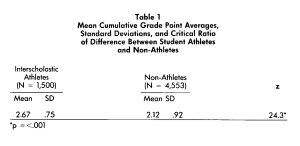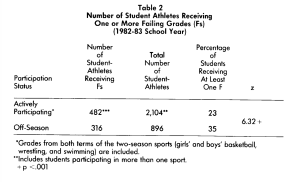I’m not gonna lie- I’m a shopaholic. Whether it’s for clothes, accessories, décor, school supplies, food- literally anything, I will do it with you. After a few busy weeks, I like to treat myself to a little shopping spree. I’m sure you’ve heard the term “retail therapy” as a way to improve mood through shopping. Is this just an excuse to go shopping, or does the activity really relieve stress? I think that it does.
A study was done in a shopping mall to evaluate the difference (if any) in the mood of the shoppers after they spontaneously bought something. Two hundred and twenty adult shoppers were asked to participate in the study as they entered the mall. At the beginning of the shopping trip, consumers were given statements to rank their mood, such as “Currently, I am in a good mood” and “At this moment, I feel edgy and irritable”. According to the study, “This scale is designed to measure temporary differences in mood and not enduring differences.” Additionally, they were asked to make a list of their intended purchases for the day. At the end of their shopping trip, they reported which purchases were actually made, and if any were bought as “treats”.
Of the 220 participants, 158 of them made purchases that day. Fifty-six percent, or 88 of them, had bought an item that they designated as a “treat”. Sixty-three percent of the “treats” were purchases that were unplanned. Those who splurged on such “treats” identified themselves as less happy at the beginning of the shopping trip. The results yielded that those in a temporary bad mood were more likely to spontaneously purchase more “treats” for themselves. These impulse-buys were purchased in light of improving mood, and therefore count as a form of retail therapy.
Kit Yarrow, a professor of psychology and marketing at Golden Gate University, has narrowed down five therapeutic benefits of shopping, after years of research and interviews with consumers. Shopping can be a way to ease transitions in life, as a form of mental preparation. As individuals buy things, they are envisioning the new objects in the future, and how they will fit into their new lives. People often buy new clothes for events, like job interviews, starting a new school, or going out one night. Dressing well increases confidence, and according to a study published by The Journal of Experimental Social Psychology, dressing appropriately can help improve performance. For some, buying things for the appreciation of design and aesthetics is self-fulfilling. Like vacation, shopping can provide an escape from reality. Whether online shopping, window-shopping, or burying yourself in clothes in a dressing room, shopping can be used as a way to take your mind off of your daily life. Lastly, some people frequent certain stores or shopping centers for the mere reason of connecting with others that appreciate the same things. Social connection is crucial in life, and shopping can be a way to accommodate that aspect.
Based on the research done and the psychology behind it, I believe retail therapy can improve one’s mood. As long as the shopping doesn’t get out of hand, a little shopping spree here and there might make you happier, more confident, and connected to others.











